How to be an effective mentor
How to be an effective mentor
Recorded July 25, 2019
About This Webinar
Being an effective mentor involves making yourself available to support and advise someone when they need it, delivering that support in a way that makes sense to them, and always keeping that person’s best interests in mind. In this webinar we discussed methods of mentorship and how to become a better mentor.
This webinar coincides with the launching of a mentoring platform through the Plantae Job Center. For the mentoring platform to be successful, we first need to recruit mentors with diverse backgrounds, expertise and experience. Having a strong pool of mentors will ensure that mentees can find a good match based on their career goals and professional development needs. Sign up to become a mentor here: https://jobs.plantae.org/eMentor/
This webinar is freely available thanks to the support of the American Society of Plant Biologists. Join Today.
PANELISTS
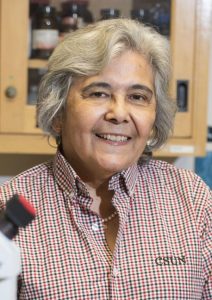 MariaElena Zavala, Ph.D.
MariaElena Zavala, Ph.D.
Dr. MariaElena Zavala is currently Professor of Biology at California State University, Northridge, Maximizing Access to Research Career (MARC) and The Research Initiative for Scientific Enhancement (RISE) and Program Director. She was born in the former orange capital of California, La Verne. Graduating from Pomona College with an AB in Botany made her the first in her family to earn an undergraduate degree. She was awarded a Ford Foundation Fellowship that supported her to attend graduate school. She entered the Ph.D. program at the University of California, Berkeley. becoming the first Chicana to have earned a Ph.D. in Botany at Cal and according to some the first in the USA. She completed postdoctoral work at Indiana University where she developed a tissue culture system for the regeneration of a rubber producing plant and US Department of Agriculture in Albany, California where she reported the first in situ localization of a plant growth regulator and developed a model of cryopreservation for plant tissues.
She was awarded a Ford Foundation Postdoctoral Fellowship that took her to Yale University. She was awarded the Rosa Parks/Cesar Chavez Visiting Professor at Michigan State University. California State University, Northridge (CSUN), hired her away from Michigan State University. She was tenured and promoted to full professor after four years at CSUN and received the CSUN Outstanding Professor Award. She has served on review panels for the National Science Foundation, Institutes of Health General Medical Sciences (NIH GMS), and the National Research Council. She was on the advisory committee for the Vision and Change project that focused on improving biology education in colleges and universities in the USA. She initiated and serves as the program director of several programs aimed at diversifying and broadening participation of science at California State University Northridge as well as programs to develop the research infrastructure at the University. Because of her long-term involvement and success in mentoring, she was awarded the Presidential Award for Excellence in Science, Mathematics and Engineering in 2000. In 2001, she became the winner of the California State University Wang Family Outstanding Professor Award and the Access to Education Award. She was named one of the “Top 100 Most Influential Hispanics in the US in 2001” by Hispanic Magazine. She was featured at the Museum of Technology in San Jose in 2000. She maintains an active research laboratory focusing on the developmental regulation of plants. She has been named a Fellow of the AAAS (2009), ASPB (2016) and ASCB 2017.
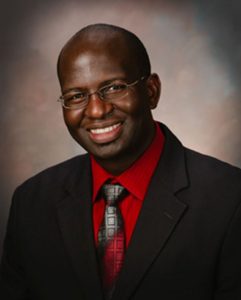 Vincent Asiago, Ph.D., MBA, PMP
Vincent Asiago, Ph.D., MBA, PMP
Vincent Asiago is currently responsible for the Disruptive Business Innovation Portfolio at Corteva Agriscience™. He was instrumental in designing and implementation of a learning-based Innovation framework for differential management and investment of Corteva’s Disruptive Business Innovation Portfolio. The Disruptive Business Innovation Portfolio manages customer-focused, outcome-based, high-risk projects with high-reward potential in a rapid and iterative framework. The learning-based innovation model is designed to enable faster innovation by combining a rigorous, consistent, and disciplined innovation process aligned with the corporate and business platform strategies.
Dr. Asiago is also responsible for defining, sanctioning, and managing key governance processes that enable informed, transparent, effective, and efficient decisions impacting the Seed Business Platform’s research programs and technology pipeline advancements.
Dr. Asiago holds a bachelor’s degree in chemistry from Lincoln University, Pennsylvania, and a Ph.D. in chemistry from Purdue University, Indiana. He is a certified Program Management Professional (PMP) and is a graduate from the Ivy College of Business School with an executive MBA program from Iowa State University, Iowa.
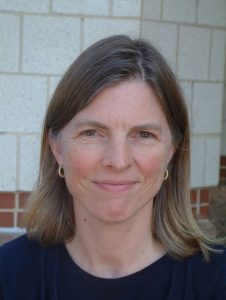 Erin Dolan, Ph.D.
Erin Dolan, Ph.D.
Erin Dolan is a Professor of Biochemistry & Molecular Biology and Georgia Athletic Association Professor of Innovative Science Education at the University of Georgia (https://research.franklin.uga.edu/erindolan/). As a graduate student in Neuroscience at the University of California San Francisco, Dr. Dolan volunteered extensively in K-12 schools, which prompted her to pursue a career in biology education. She teaches introductory biology and biochemistry, and her research group studies undergraduate research experiences and mentoring of undergraduate and graduate researchers in the life sciences, especially related to students’ psychosocial and sociocultural development. She has designed and led a wide range of professional development on active learning and mentoring, including intensive sessions for faculty to develop course-based undergraduate research experiences. Her group’s research and programming have been sponsored by the National Science Foundation, the National Institutes of Health, and the Howard Hughes Medical Institute. She is also Editor-in-Chief of the leading biology education journal, CBE – Life Sciences Education (http://www.lifescied.org).
MODERATOR
Laura Wayne, Ph.D. 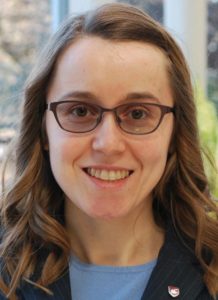
Laura Wayne is currently the Oils Discovery Leader at Corteva Agriscience, in Johnston, Iowa. She leads a small group within R&D Trait Discovery, researching ways to increase oil and enhance oil composition. Her overall research interest is in understanding the underlying mechanisms of plant metabolism that will make bioproduct production possible in plants. Laura chairs the Women in Plant Biology Committee (WiPB) for ASPB. The WiPB Network promotes gender equity, diversity, & inclusion, career development, and leadership in the plant sciences. Join the WiPB Network on Plantae: https://community.plantae.org/organization/women-in-plant-biology/dashboard
This webinar is free is freely available thanks to the support of the American Society of Plant Biologists
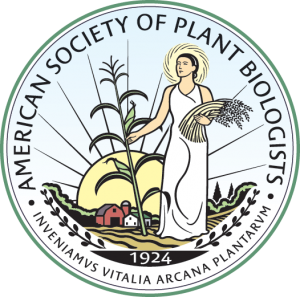
If you would like to sponsor an upcoming webinar please contact [email protected]


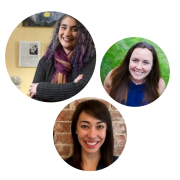
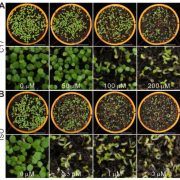
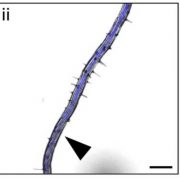

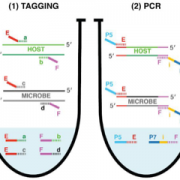


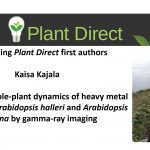
Leave a Reply
Want to join the discussion?Feel free to contribute!